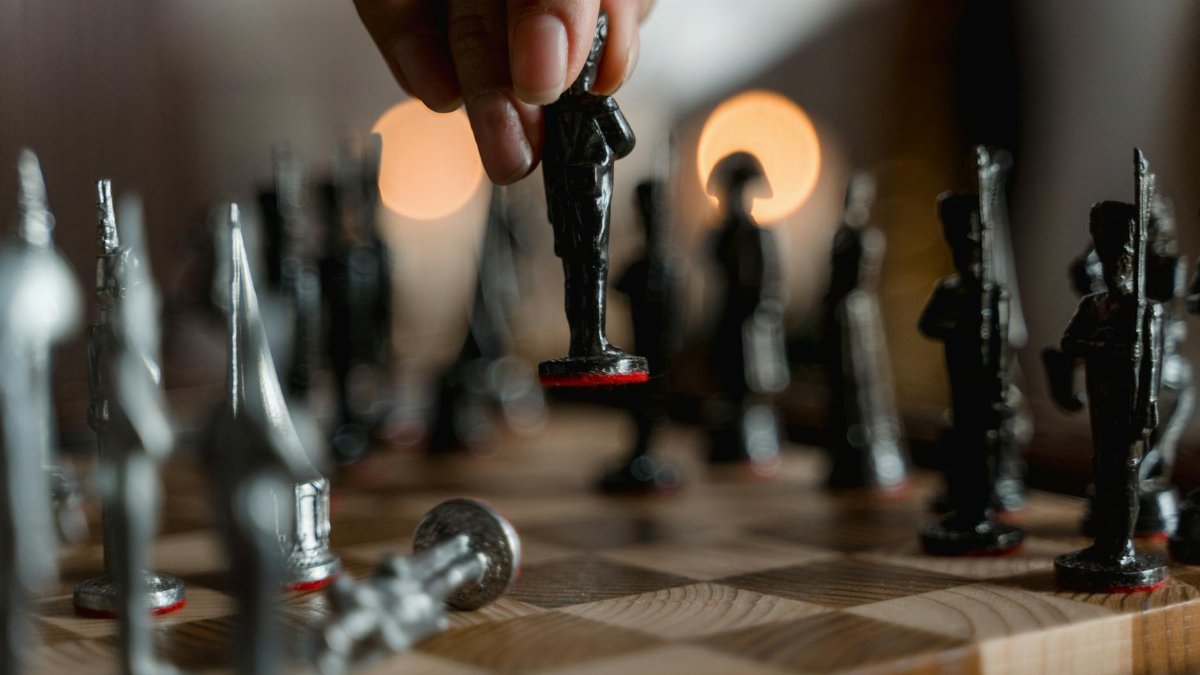Could a simple board game hold the key to sharper thinking? For many Americans grappling with information overload in 2025, the answer might lie not in another app, but in the tactile, social world of brain training board games. These aren’t just nostalgic pastimes. They’re tools—backed by emerging research—that challenge memory, strategy, and problem-solving in ways digital screens often can’t match. Picture a family gathered around a table, laughing over a tricky move, while quietly strengthening neural connections. Or a solo player puzzling through a logic game, finding focus amid a chaotic day. As cognitive health becomes a growing concern for aging populations, these 12 games offer a refreshing, screen-free path to mental agility. They’re accessible, engaging, and, most importantly, effective. Let’s unpack the best options that outshine apps in building brainpower.
1. Chess: The Timeless Strategic Titan

Chess needs little introduction. Its black-and-white board has tested minds for centuries, demanding foresight and adaptability. Studies, like those from the National Institutes of Health, show chess can enhance problem-solving skills and even delay cognitive decline. Players must anticipate moves, weigh risks, and adjust on the fly. For middle-aged adults, it’s a mental gym that never gets old. A recent anonymous account shared online captured the thrill: “Every game feels like a battle I’m winning against my own limits.” Whether you’re a novice or a seasoned player, chess offers endless depth. Set up a board with a friend or join a local club. The learning curve is steep, but the cognitive rewards are worth it.
2. Go: Ancient Depth for Modern Minds
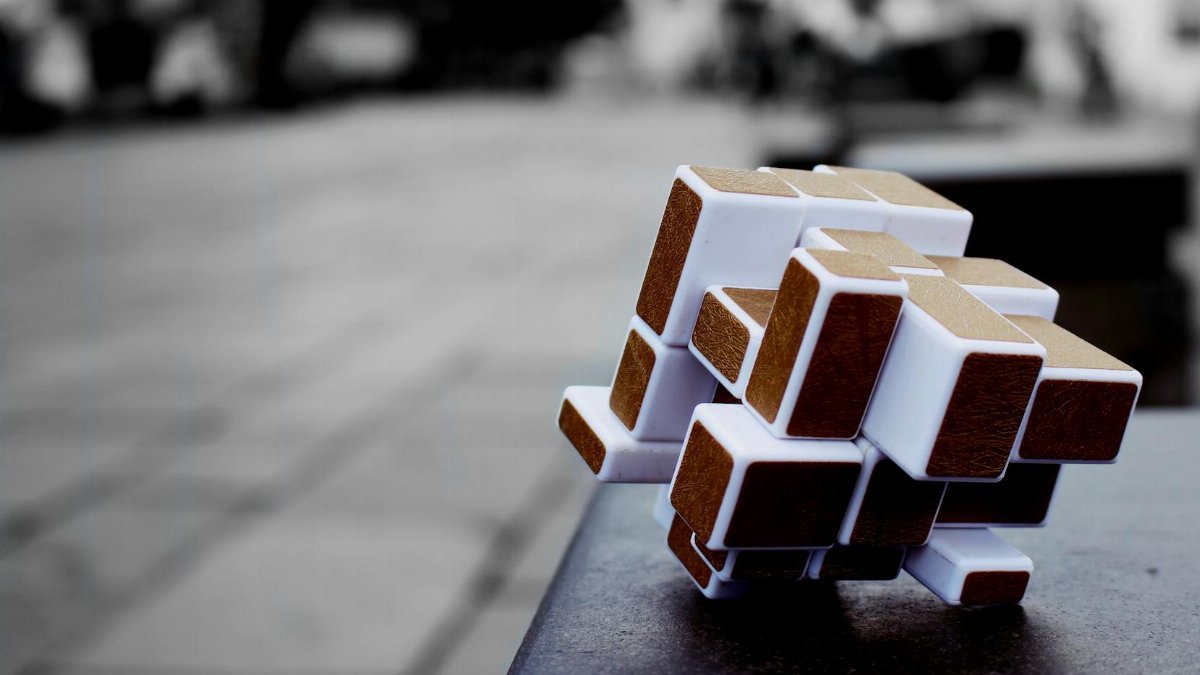
Originating in China over 2,500 years ago, Go is a game of territory and patience. Its simple rules belie a staggering complexity—there are more possible moves than atoms in the universe. Research from institutions like American Psychological Association suggests Go can improve spatial reasoning and long-term planning. For those new to brain training board games, it’s a quiet challenge. Place black or white stones on a grid, aiming to control space. The game teaches balance—overreach, and you’ll lose ground. It’s a meditative way to sharpen focus, especially for those seeking calm amid life’s noise.
3. Settlers of Catan: Resourceful Thinking

Settlers of Catan drops players into a world of trade and strategy. Build settlements, barter resources, and outmaneuver opponents on a hexagonal board. It’s less about brute intellect and more about negotiation and adaptability—skills vital for cognitive flexibility. A 2019 study highlighted by Frontiers in Aging Neuroscience notes that strategic games like this can bolster decision-making in older adults. One player at a recent game night described it as “a crash course in thinking three steps ahead.” Catan’s variability keeps every session fresh, making it ideal for regular brain workouts.
4. Ticket to Ride: Mapping Mental Connections
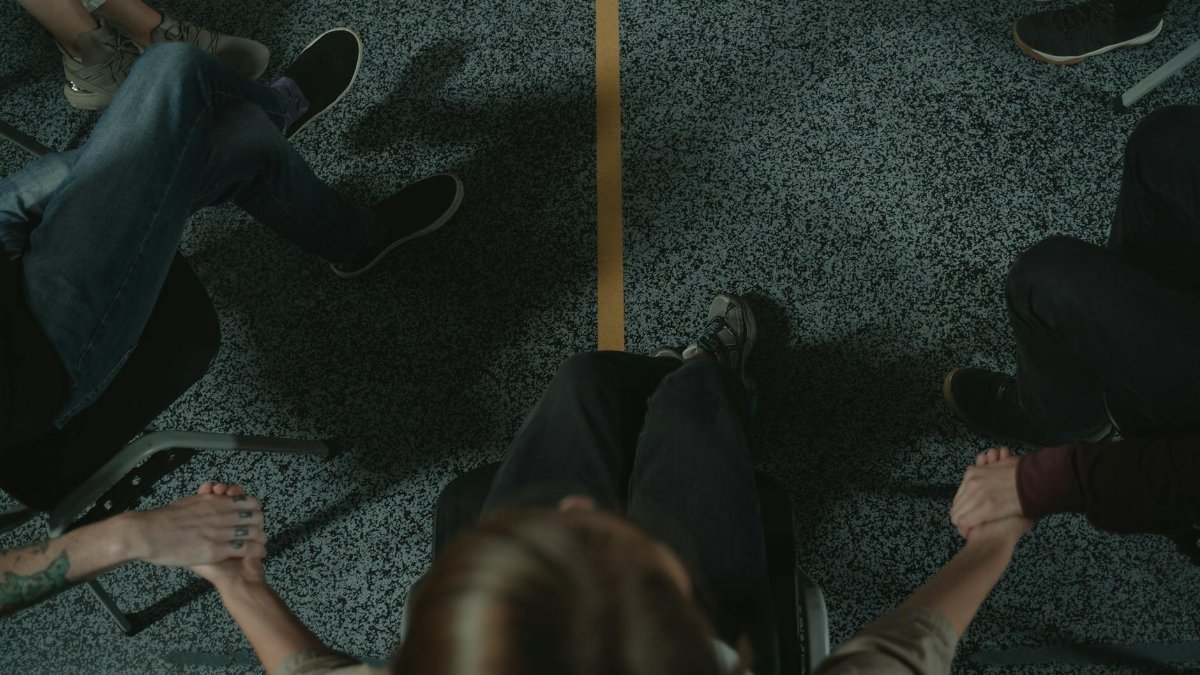
Picture a sprawling map of North America, crisscrossed with train routes. Ticket to Ride tasks players with connecting cities by claiming tracks, balancing short-term gains against long-term goals. It’s a lighter strategic game, perfect for beginners to brain training board games. The mental lift comes from planning and risk assessment, skills tied to executive function. Research from Pew Research suggests games requiring logistical thinking can engage diverse age groups. It’s social, too—ideal for family nights. Grab a set, lay out the board, and watch mental gears turn.
5. Carcassonne: Building Tactical Instincts
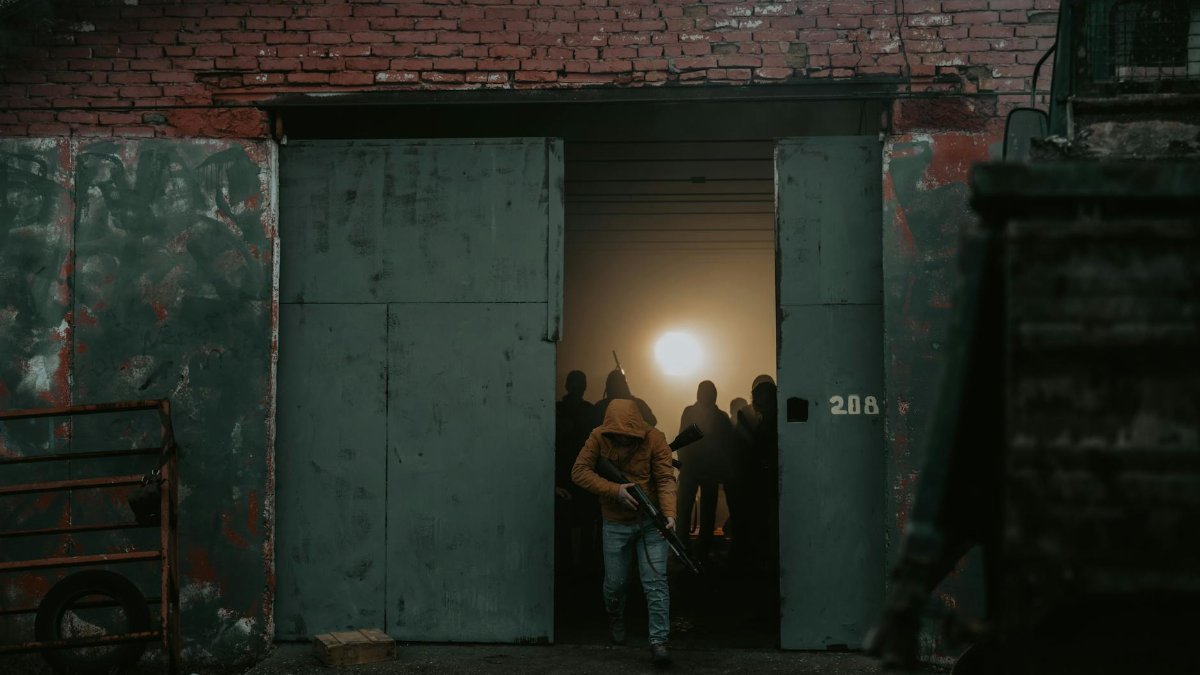
Carcassonne is a tile-laying game where players construct a medieval landscape, claiming roads and cities. Each turn forces quick decisions with lasting consequences. It hones spatial awareness and short-term strategy—key areas for cognitive maintenance. For those wary of complex rules, this game’s simplicity is a draw. Yet, its depth keeps players hooked. A middle-aged player recently chuckled, “I thought it was just placing tiles. Now I’m obsessed with outsmarting everyone.” It’s a subtle brain trainer, perfect for a quiet evening.
6. Pandemic: Cooperative Cognitive Crunch

In Pandemic, players aren’t rivals—they’re a team fighting global outbreaks. Coordinate to contain diseases before they spiral. The game demands collective problem-solving and adaptability, mirroring real-world crisis thinking. Studies suggest cooperative games can enhance social cognition, a vital skill as we age. This one’s intense; every choice feels urgent. For groups seeking a shared challenge, it’s a standout. The stakes feel real, even if it’s just cardboard and pawns on the table.
7. Scrabble: Vocabulary as a Brain Booster
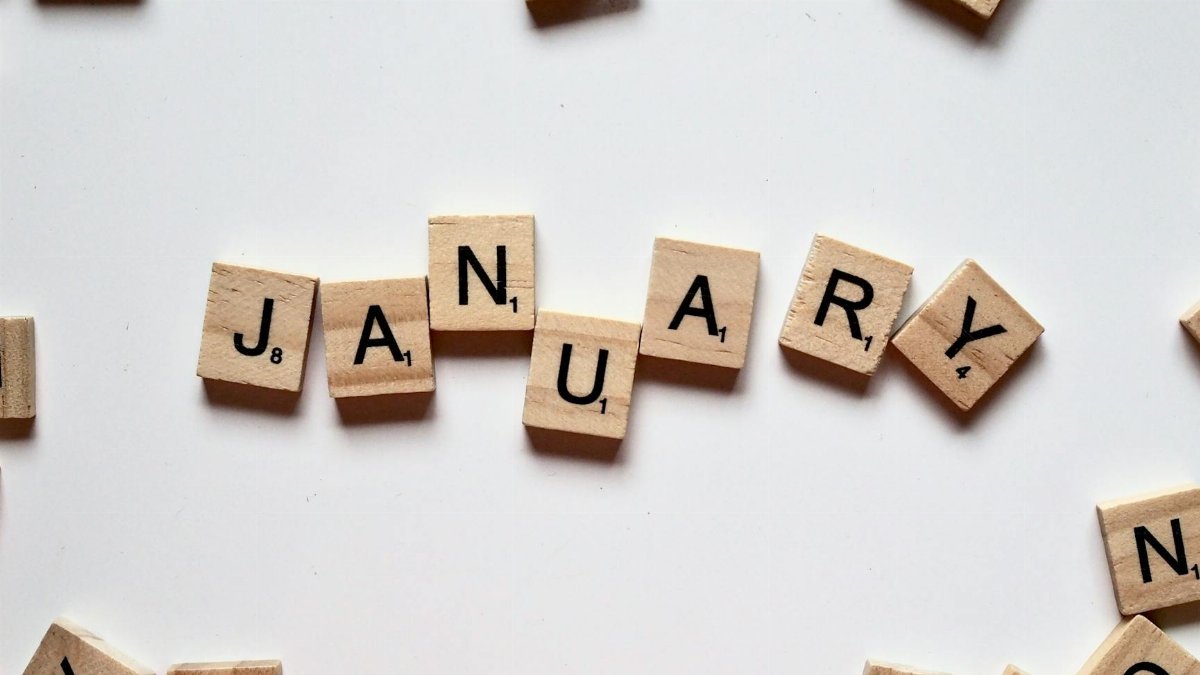
Scrabble isn’t just wordplay—it’s a memory and creativity test. Form words from random tiles, maximizing points on a grid. It activates language centers in the brain, potentially staving off verbal decline. Beyond raw intellect, it’s a nostalgia trip for many. Think of rainy afternoons spent arguing over obscure words. For solo practice or group play, it’s a reliable mental stretch. Dust off that old set and see how many triple-word scores you can snag.
8. Blokus: Spatial Strategy Simplified
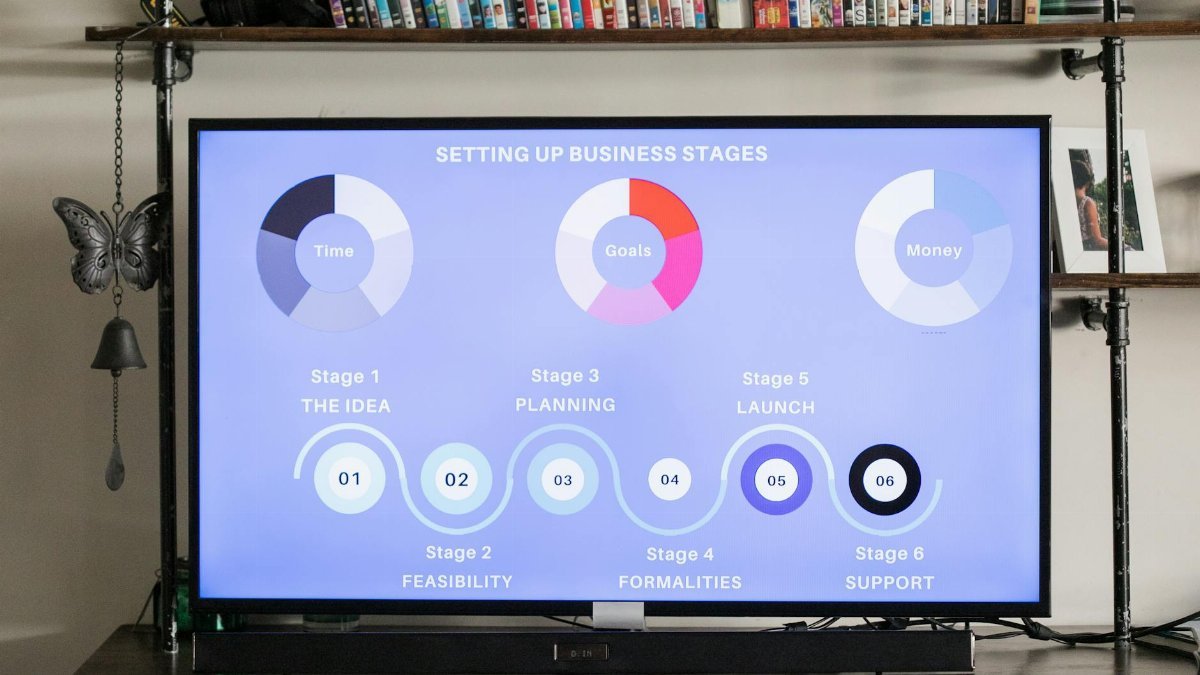
Blokus is deceptively straightforward. Place geometric tiles on a board, blocking opponents while expanding your turf. It’s a spatial reasoning workout, engaging parts of the brain tied to visualization. For middle-aged players, it’s a low-pressure entry into brain training board games. Sessions are quick—often under 30 minutes—but the mental lift lingers. One fan noted, “It’s like a puzzle I can’t put down.” Grab a set for a fast, rewarding challenge.
9. Dominion: Deck-Building Brainpower

Dominion introduces deck-building, where players craft a card collection to outpace rivals. Each game evolves as you refine strategies. It’s a masterclass in resource management and forward-thinking—cognitive skills that matter in daily life. Less social than others, it still captivates. The learning curve isn’t steep, but mastery takes time. For those who enjoy solo challenges or small groups, it’s a cerebral gem worth exploring.
10. Codenames: Wordplay and Deduction
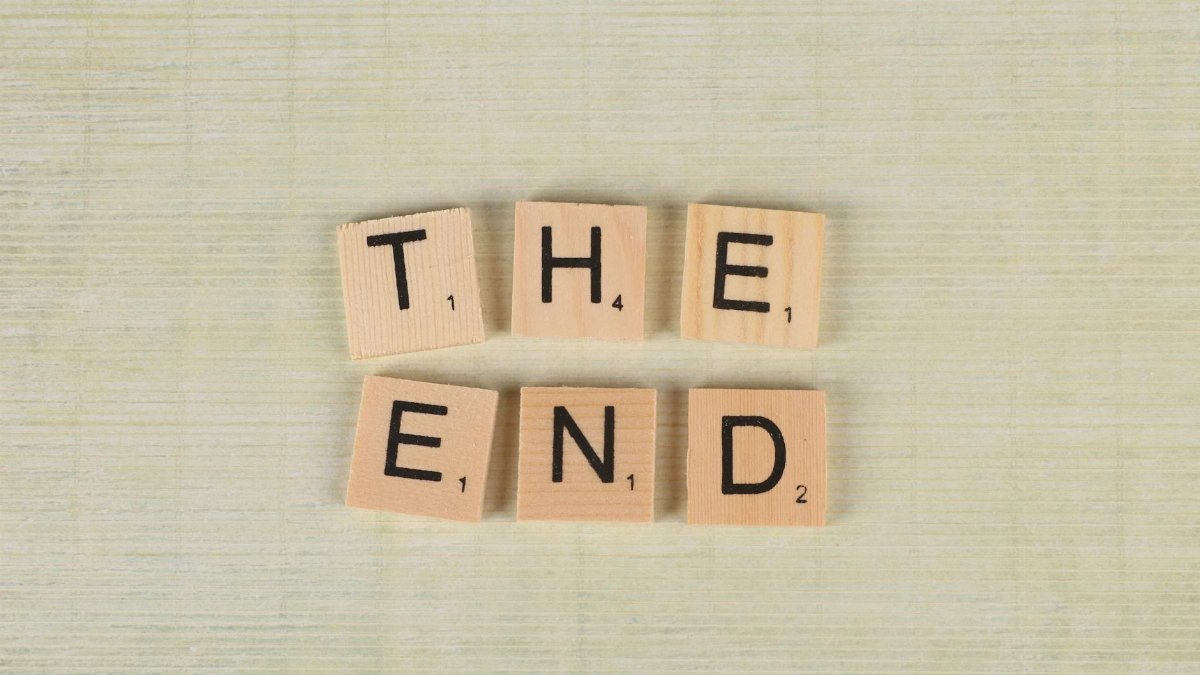
Codenames pairs teams to uncover secret identities using one-word clues. It’s a blend of linguistic creativity and logical deduction, engaging multiple brain regions. The game’s social nature adds a layer of emotional intelligence to the mix. Picture a table erupting in laughter over a misunderstood hint. It’s lighthearted but sharpens focus. For casual game nights with a mental edge, this one’s a winner.
11. Hive: Tactical Thinking Without a Board
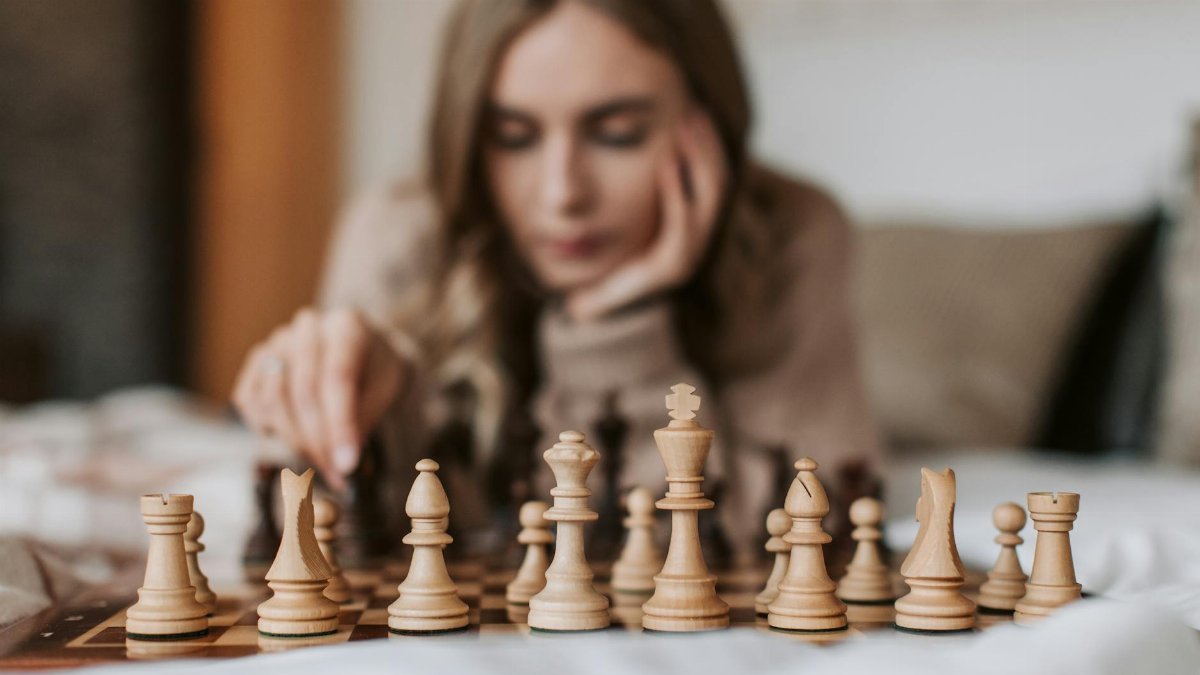
Hive is unique—no board, just hexagonal tiles representing insects. Surround your opponent’s queen bee while protecting your own. It’s pure strategy, distilled. The game hones tactical thinking and adaptability, offering a portable brain workout. Its compact design suits travel or quick matches. For those seeking something unconventional among brain training board games, Hive delivers a sting of mental challenge.
12. Azul: Pattern Recognition Perfected

Azul dazzles with its colorful tiles and accessible rules. Players draft pieces to build a mosaic, balancing aesthetics with strategy. It’s a visual-spatial exercise, engaging the brain’s pattern-seeking circuits. Beyond mechanics, it’s calming—a rare blend of relaxation and rigor. One player called it “meditation with a competitive edge.” For a game that’s as beautiful as it is brain-boosting, Azul stands out. Set it up, and let the mind wander through patterns.
These 12 games aren’t just diversions. They’re tools for a sharper mind in 2025, offering something apps often lack: tangible, social engagement. From Chess’s ancient rigor to Azul’s modern charm, there’s a fit for every preference. Research backs their value, but the real proof is in the play. Gather friends, clear the table, and challenge yourself. Mental agility isn’t just a goal—it’s a game worth winning.
Disclaimer
The content on this post is for informational purposes only. It is not intended as a substitute for professional health or financial advice. Always seek the guidance of a qualified professional with any questions you may have regarding your health or finances. All information is provided by FulfilledHumans.com (a brand of EgoEase LLC) and is not guaranteed to be complete, accurate, or reliable.
